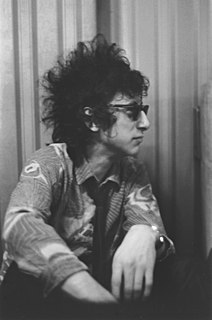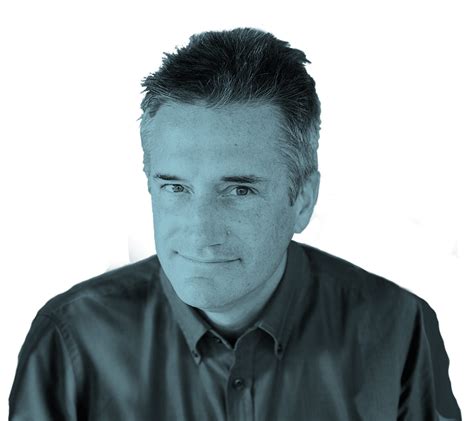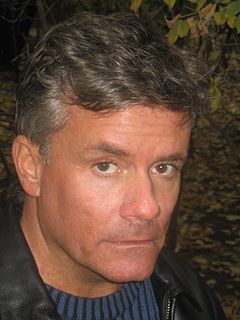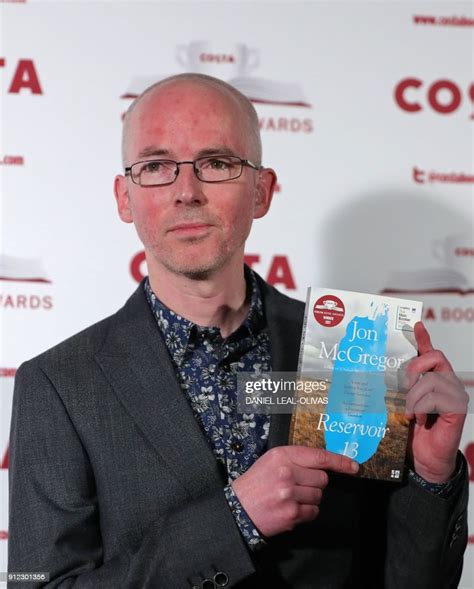A Quote by Plato
The deity on purpose [sings] the liveliest of all lyrics through the most miserable poet.
Related Quotes
I feel that life is divided into the horrible and the miserable. That's the two categories. The horrible are like, I don't know, terminal cases, you know, and blind people, crippled. I don't know how they get through life. It's amazing to me. And the miserable is everyone else. So you should be thankful that you're miserable, because that's very lucky, to be miserable.
First we start with the lyrics. Most of the lyrics are done by Stefan Kaufmann and me. When we have enough lyrics and enough stories we have the lines to make titles. Then we collect all the ideas of everybody in the band and see which ideas fit together the best with the lyrics to get the right atmosphere. That's the way we compose.
A purpose derived from a false premise - that a deity has ordained submission to his will - cannot merit respect. The pursuit of Enlightenment-era goals - solving our world's problems through rational discourse, rather than through religion and tradition - provides ample grounds for a purposive existence. It is not for nothing that the Enlightenment, when atheism truly began to take hold, was also known as the Age of Reason.
If you listen, you can hear it. The city, it sings. If you stand quietly, at the foot of a garden, in the middle of the street, on the roof of a house. It's clearest at night, when the sound cuts more sharply across the surface of things, when the song reaches out to a place inside you. It's a wordless song, for the most, but it's a song all the same, and nobody hearing it could doubt what it sings. And the song sings the loudest when you pick out each note.










































